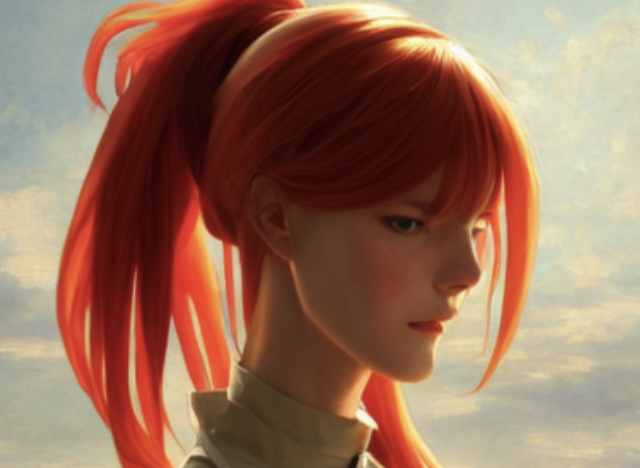Three AI art generators are facing copyright lawsuits from three human artists who claimed that their art was stolen from the web without their consent. These platforms are Stable Diffusion, Midjourney AI, and DevianArt's Dream Up, with the complaints centering on a copyright lawsuit against these art generators who allegedly copied their works without any permission granted.
There were initial fears that the rise of the AI art generators would somewhat face these kinds of lawsuits, especially as they create an almost perfect copy or a modified look on existing art.
AI Art Generators Face Lawsuit from Three Artists

Artists Sarah Andersen, Kelly McKernan, and Karla Ortiz have filed a lawsuit against Stable Diffusion, Midjourney AI, and DreamUp from DevianArt after allegedly copying their works, scrubbed from the internet. The three plaintiffs received help from a known copyright lawyer, centering on AI Art, Matthew Butterick, as per the latest blog post regarding the suit.
As per the artists, these organizations and platforms have infringed the work of "millions of artists," via their training regime for their AI art generators on five billion images from the web, without consent.
Andersen, McKernan, and Ortiz received help from Butterick and the Joseph Saveri Law Firm who are also currently in a court battle against CoPilot from Microsoft, GitHub, and OpenAI in an almost similar case of AI theft.
Stable Diffusion, Midjourney, DreamUp
According to The Verge, the goal is to make AI ethical and fair to everyone, claims the blog post, especially to artists who create all of these from scratch, through their visions and perseverance. Moreover, these AI platforms have the capability to generate art that could permanently damage artists in the long run, especially when their work is infringed or copied.
AI Art Generators
One of the most significant features of AI art generators is that it has the capability to copy existing works, modify them, and even go as far as to rival these creations from humans. Its programming and development centers on artificial intelligence, one that focuses on deep learning that progresses more as time passes by, and more works are observed.
The current AI evolution in the world centers on integrating the program into different offers available, and it includes creating art from texts and prompts. However, initial fears center on violating copyright laws, and it is known to be massive in the country, especially in protecting the works of people who have proprietary ownership over it.
Technology's advancement centers on instant output and results from one command or a series of words to create something out of nothing. This is what AI art generators do.
But, it is not a reason for these systems to copy existing art and tweak them, especially without permission-now presented with allegations and a copyright lawsuit for three known platforms in the world.
Related Article : Deep Dream Generator Redefines the Way We Think of AI Artistry


![Apple Watch Series 10 [GPS 42mm]](https://d.techtimes.com/en/full/453899/apple-watch-series-10-gps-42mm.jpg?w=184&h=103&f=9fb3c2ea2db928c663d1d2eadbcb3e52)


